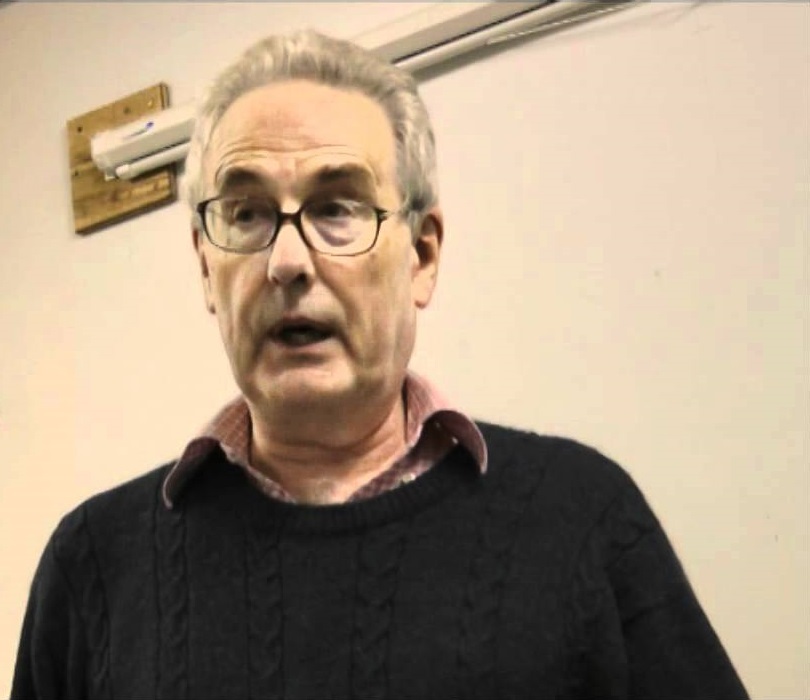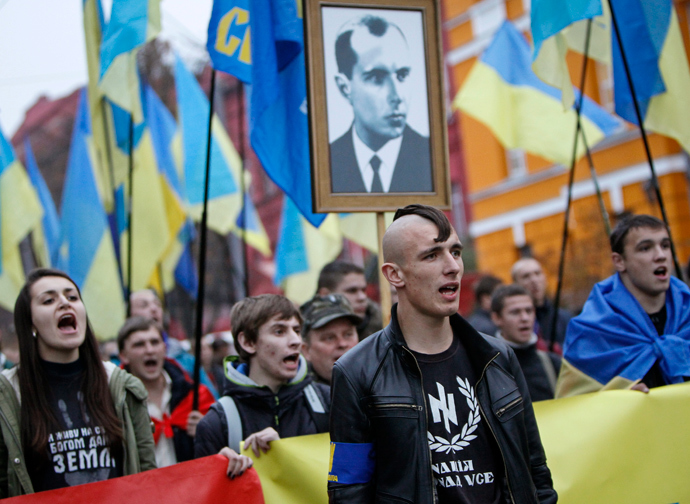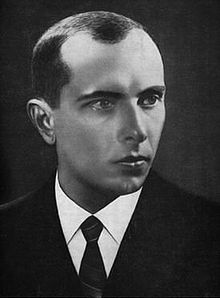
The issues behind the protests that have brought Ukraine to the brink of civil war remain, writes John Foster CP International Secretary in the Morning Star.
Alongside long-standing divisions in the country itself it has become a battleground for outside powers.
“Ceding Ukraine to Moscow could turn into a broader undermining of Western credibility,” an opinion piece the Wall Street Journal declared earlier this week.
The house journal of the US right – owned by Rupert Murdoch – projected the struggle over Ukraine as a critical one for Washington.
The feature reminded readers of the active policy previously pursued by the Bush administration in containing Russia and expanding the sphere of Western influence across Eurasia.
Support had been given to the “rose revolution” in Georgia, trade and military agreements signed with central Asian republics and backing given to the “orange revolution” in Ukraine in 2004.
The Obama administration was accused of squandering these gains by concentrating on its domestic agenda, shifting its foreign policy focus to Asia and believing it could secure detente with Russia.
Recently, however, its perspective has changed. Outwitted over Syria, the State Department has hardened its position on Vladimir Putin’s regime and what it sees as an attempt to build a counterweight to the US in world affairs.
More specifically the State Department has identified the possibility of exploiting “policy asymmetry” in eastern Europe.
For the West, Ukraine itself was not seen as of great economic significance, but for Putin it was central.
Any attempt to redevelop an economic and political bloc in eastern Europe and Asia depended on Ukraine’s involvement for its credibility.
Belarus and Kazakhstan by themselves would not be enough.
By intervening here the West could land a major strategic blow on Russia at a limited economic cost.
The US therefore gave full backing to the EU’s initiative last year to offer “associate status” to Ukraine in return for internal “political and economic reform.”
Nato secretary-general Anders Rasmusen described the move as a “major boost for Euro-Atlantic security.”
Under the agreement Ukraine would not be an EU member, but its economy would be increasingly harmonised with it.

This offered the oligarchs who control the great bulk of Ukraine’s privatised economy the prospect of deals with EU-based firms – coal and the country’s rich agricultural land are valuable assets – even though Ukraine’s remaining industry in aerospace, motor manufacturing and machine tools would suffer severe contraction.
In parliament President Viktor Yanukovych’s Party of the Regions voted for the deal, as did the main opposition parties.
Only the Communist Party voted against.
Based principally in the mining and industrial heartlands of eastern Ukraine, the communists secured 13 per cent of the vote in the last elections – a big improvement on their previous result but not enough to block the deal.
The party pointed to what had happened to working people elsewhere in eastern and southern Europe as a result of EU membership and opposed further integration with the western bloc.
But on November 21 last year Yanukovych suddenly announced he was abandoning negotiations with the EU and starting economic discussions with Moscow.
Mass demonstrations erupted in favour of the EU across western Ukraine, protesters mobilised on a huge scale in Kiev, protest camps were established and some government buildings seized.
US Senator John McCain appeared in Kiev and shared a platform with the leader of the far-right Svoboda Party, Oleh Tyahnybok, who shortly before had led a 15,000-strong march through Kiev in honour of Stepan Bandera, the Ukrainian nationalist leader who had collaborated with nazi occupation forces in the 1940s.
Putin responded on December 17 with £9 billion to sustain Ukraine’s ailing economy.
Over the following weeks the momentum behind the protests appears to have ebbed and divisions surfaced among the opposition. But the protest camps remained.
The divisions reflect the wider faultlines in Ukraine itself.
After the western wars of intervention against revolutionary Russia in 1918-22 only eastern Ukraine remained with what was to become the Soviet Union.
This area underwent fast industrialisation and by the outbreak of war with Germany in 1941 had become the heart of the Soviet metallurgical industry.
Initially overrun by the nazis, its largely Russian-speaking population maintained a fierce resistance.

Western Ukraine, partly integrated with Poland, remained underdeveloped and dominated by the old aristocracy.
Its nationalist movement under Bandera made common cause with the nazis and actively collaborated in massacres of the large Jewish population.
The legacy of these divisions is still present. While support for a pro-Western alignment has a significant base among the urban middle class, the most organised force within the pro-EU camp by last December came from the extreme right.
Svoboda had secured 9 per cent of the vote in the last elections and controlled many local authorities in the west.
Still further to the right, neonazi groups now emerged as a major force among those engaged in physical conflict with the government. Spilna Sprava (“Common Cause”), Trizub (“Trident”) and Right Sector are examples.
When the protest movement grew in strength again in January and government buildings were seized in Kiev and across western Ukraine, EU officials would have been discomfited to see the EU flag carried alongside those of the neonazis.
That may have been the background to the spat between the US State Department and the EU, leaked on February 6.
US officials were recorded as using expletives about German Chancellor Angela Merkel and EU foreign policy chief Catherine Ashton for failing to take a tougher line in supporting “democracy” in Ukraine.
If there was a spat it was temporary.
The first week of February saw US and EU officials meet with the mainstream opposition leaders on the fringes of the Munich security conference.
The protests continued to escalate. The opening for negotiation represented by the resignation of the prime minister and the repeal of anti-protest laws on January 28 was not taken up.
By February 18 extreme violence had erupted. Police were now being killed by gunfire, and hundreds of officers were injured.
The security forces struck back with equal force. The country was descending into war.
In light of that possibility, yesterday’s concessions by the government could prove a step forward.

In some respects they reflect what the Communist Party’s MPs have called for since December – a reduction in the powers of the president and the reinstitution of a “parliamentary republic.”
But the communists also call for more fundamental political changes.
They demand a referendum on the EU, new economic policies and a federal republic to resolve the long-standing differences between the regions of Ukraine.
As the smoke clears in Kiev, a dire reality remains.
A coup d’etat has been attempted against an elected government, spearheaded by very sinister political forces.
Even worse, the conflict took place amid a wider battle for regional supremacy between Russia and the Nato alliance of which Britain is part.
The victims, once more, are the people of Ukraine.
When the economic structures of the Soviet Union were dismantled in 1990-91 they suffered catastrophically.
Under the guidance of western governments there was almost total privatisation. A dozen oligarch clans took possession of the economy.
GDP collapsed by 60 per cent in a decade. The population fell from 52 million in 1991 to 45m in 2012.
As Ukraine’s Communist Party leader Petro Symonenko says, closer association with the EU can only worsen the problems of the country’s enfeebled economy.
Any real recovery will depend on genuine democracy and national sovereignty sufficiently robust to use Ukraine’s rich resources for its own people.